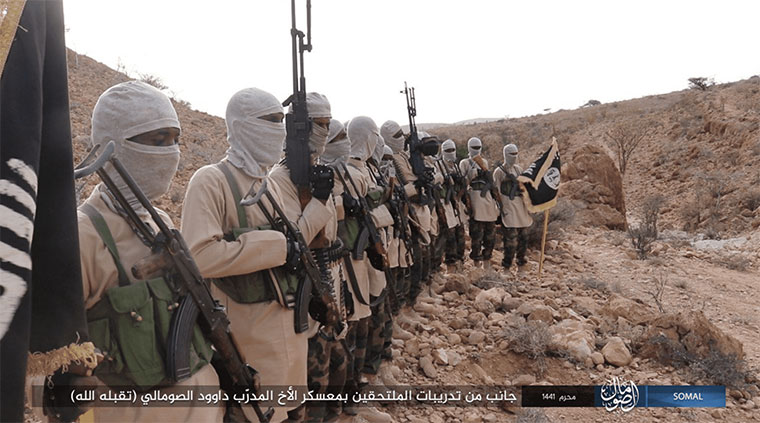
Author: Yahya Sseremba
Source: The Observer
Anti-colonial thinkers in Africa, Asia, and Latin America have long grappled with the question: what is decolonization?
Many Muslim intellectuals understood the decolonization of the state as the islamization of state law. Such Muslim thinkers formulated no critique of the structure of power known as the modern state—their critique simply focused on the secular character of the state.
They accepted the modern state and only sought to give it an Islamic flavor by islamizing its laws. But the nature of legal authority of the modern state contradicts the nature of legal authority in Islam. Islamic legal authority traditionally belonged to all private members of society who acquired sufficient knowledge of the shari’ah (Islamic law) while the modern state monopolizes the authority to make, interpret and enforce the law.
In the pre-modern world, as we noted in the previous articles, there was no state (i.e. structure of power that dominates society completely). The simple governments and rulers that existed exercised only a fraction of political power, leaving much space for society to govern itself through society-based mechanisms like custom and religion. This is the context in which Islamic law developed.
Since all individual Islamic legal experts in society may interpret the Islamic law, there can be as many valid interpretations of Islamic law on a single issue as the number of interested experts unless they reach consensus (ijma), which is rare.
Stressing the rareness of consensus in Islamic law, one researcher notes that there is even no consensus on the definition of consensus.
In the absence of consensus, every private interpreter of Islamic law—and his or her followers—reserves the right to follow his or her own interpretation. This is what Imam al-Shafi’e, one of the giants of Islamic jurisprudence, meant when he said that no mujtahid (i.e. interpreter of Islamic law) is under an obligation to follow the ijtihad (i.e. interpretation) of another.
On the other hand, there can only be one valid interpretation of modern state law as determined by the judiciary. In short, the private character of legal authority in Islam conflicted with the logic of the modern state, which centralizes legal authority.
Faced with this contradiction, Muslim reformers redefined Islamic legal authority in order to homogenize the interpretation of Islamic law and force it to fit in the structure of the state. The Indian “spiritual founder” of Pakistan Muhammad Iqbal said that the “power of ijtihad” (i.e. the authority to interpret Islamic law) must be withdrawn from the individual legal expert and given to an assembly of the state.
Recently, the Malaysian jurist Muhammad Hashim Kamali said that the individual legal expert may be free to interpret Islamic law in “private” issues but the state must monopolize the authority to interpret Islamic law in “public” affairs.
The consequence of such reforms is to impoverish Islamic law by stripping it of its diversity. Anti-colonial Muslim reformers formulated a narrow critique of the state that merely focused on its secular character. But they had no critique of the state itself, which centralizes and monopolizes legal authority and subdues society completely.
The modern state was born in Europe. Whereas it banished the Catholic Church from politics, the state inherited and secularized certain theological concepts.
Not only did the state create its own rituals like the veneration of the national flag, singing of the national anthem, idolization of national heroes, among other nationalistic dogmas, but it also constituted its authority to a certain extent along the model of the church.
Like the church, especially the Roman Catholic Church, the modern state entertains no competition in exercising its authority. The concept of the Islamic state ultimately leads to the introduction of the concept of the church in Islam.
Contemporary Muslim thinkers have identified some historical precedents and stretched certain principles in traditional Islamic jurisprudence to justify the centralization of Islamic legal authority in the hands of the modern state.
Like all inventors of new traditions, these thinkers invoke history and traditional Islamic legal principles in a very selective manner to advance their innovations that are actually rooted in colonial modernity.
Buried in the logic of the modern state, Islamic law is now a matter of centralized interpretation and police enforcement. By formulating an incomplete critique of the modern state that merely targets its secular character without questioning its power structure, modern Muslims have introduced state violence in the contestation of the meaning of Islam and what it means to be Muslim.
The violence of Islamic law is only a manifestation of the violence of modern law.
The author is a researcher at the Makerere Institute of Social Research. His latest book is: America and the Production of Islamic Truth in Uganda

